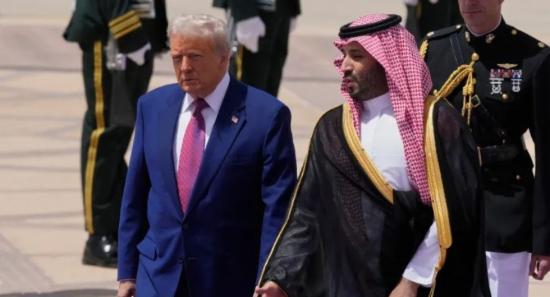.webp)
-786518.jpg)
Sri Lanka’s Apparel Industry Responds to U.S. Tariffs
COLOMBO (News 1st); Sri Lanka’s apparel industry has voiced its concern over the Reciprocal Tariff policy announced by the U.S. administration.
The newly proposed tariffs could significantly disrupt the country’s largest export sector and jeopardize thousands of jobs, said the Joint Apparel Association Forum.
Following the announcement by U.S. President Donald Trump on April 2, a 10% baseline tariff on all imports will take effect from April 5, escalating to a 44% “reciprocal” tariff on Sri Lankan exports starting April 9.
“This tariff level is extremely high relative to our regional competitors,” stated Yohan Lawrence, Secretary General of the Joint Apparel Association Forum (JAAF). “Sri Lanka could very quickly see its share of U.S. business move to countries with lower tariffs than Sri Lanka has.”
The United States is Sri Lanka’s largest single-country apparel market, accounting for over 40% of the sector’s total exports, which exceeded USD 5.5 billion in 2023.
Yohan Lawrence warned that the swift implementation of these tariffs could lead to a severe and immediate impact, potentially causing the bulk of U.S. business to migrate to competitor markets. “This volume of business simply cannot be replaced through other markets,” he added.
The Government of Sri Lanka has already initiated consultations with the industry and other stakeholders to determine an appropriate course of action.
“We are very appreciative of the immediate actions taken by the Government to discuss this situation and are working very closely with the authorities to see how best we could address the concerns raised by the U.S. Government, whilst staying within the limitations of Sri Lanka’s ongoing IMF programme,” said Lawrence.
Despite this challenge, the apparel sector remains committed to transparency, ethical production, and sustainable value creation.
“Our focus now is on engagement, agility, and ensuring Sri Lanka remains a trusted sourcing destination,” Lawrence emphasized. “However, this situation is serious, and it must be addressed as a matter of national urgency.”
Other Articles
Featured News





.png )







-789996_550x300.jpg)
-789879_550x300.jpg)
-789357_550x300.jpg)
-788581_550x300.jpg)

















.gif)